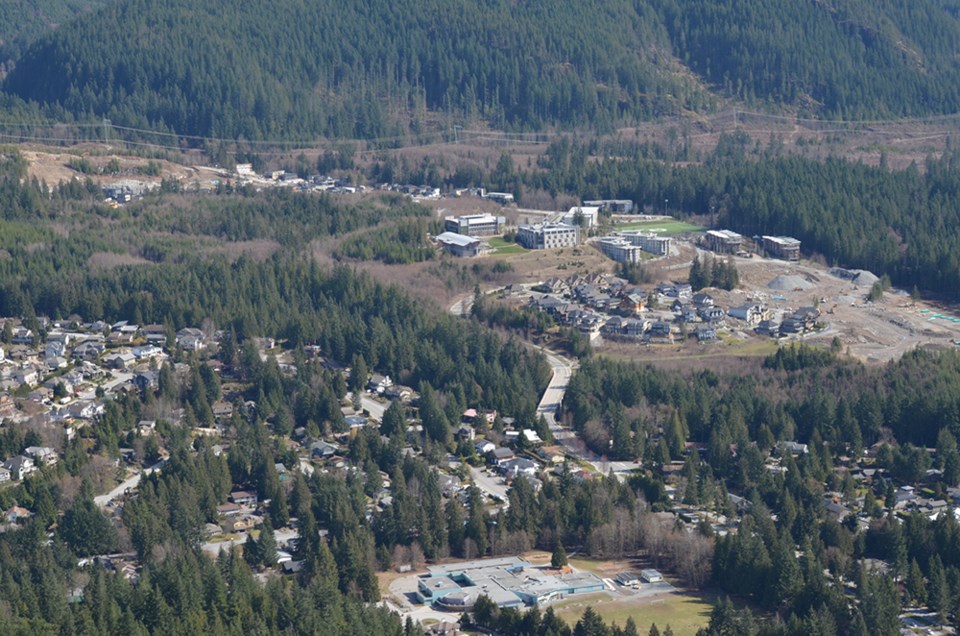The rules surrounding development on the lands surrounding Quest University may change in the not-so-distant future.
As part of the District's ongoing effort to update its zoning bylaws, �鶹�����council directed staff to amend the zoning regulations in the Quest-area lands at its meeting on Nov. 12.
Staff will draft changes to the bylaws and present them to council for approval at a later date.
Council's requests come after staff noted a great deal of flexibility for development is allowed on those lands. There is no specification for exactly where housing units should be built in the zone, or what type of housing should be built.
The zone around Quest is designated UH-1, or university housing, which is intended to accommodate a mix of residential housing types and neighbourhood uses.
"That flexible approach was likely intended to facilitate development opportunities early on in the development of the university," said municipal planner Matt Gunn.
However, that freedom comes with potential vulnerability.
It's hard to ensure the vision outlined in the municipality's Official Community Plan and sub-area plan for the university lands becomes a reality without control over how housing units are distributed, he said.
Some of the goals outlined in those high-level District plans include a vibrant neighbourhood, a variety of housing, multi-unit dwellings, a park and a centralized commercial area, Gunn said.
After some discussion, council proposed the following changes.
First, they asked that the remaining 450 housing units of the 960 allowed for the area surrounding the campus be allocated to central locations serviced by transit with walkable access to daily services.
A full range of housing types were also called for.
Secondary access was also on the wish-list, as councillors noted there's generally only one way to enter the university area, which is through The Boulevard.
Councillors also directed that the regulations allow for limited density to a swath of land north of the university campus owned by private foundations, known as 'Parcel A.'
Further, the elected officials asked staff to draft policy requiring the development of a walkable community and density supporting transit and municipal infrastructure.
For future developments, councillors asked staff to take into account the climate emergency that the District declared months ago.
Finally, the politicians asked that staff draft policy that supports rezoning to add density.




